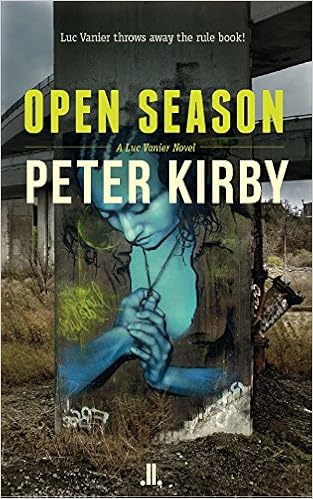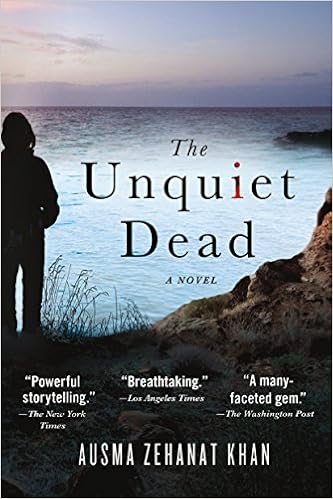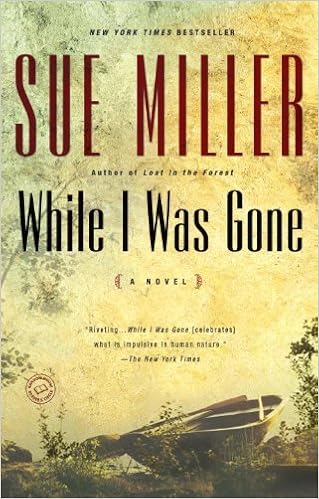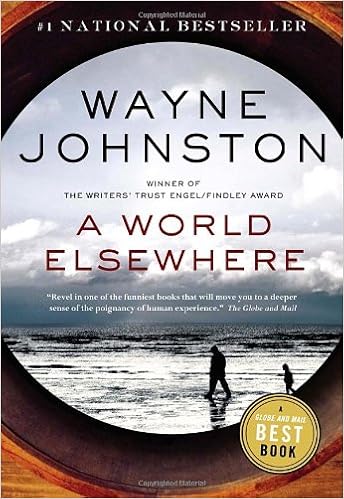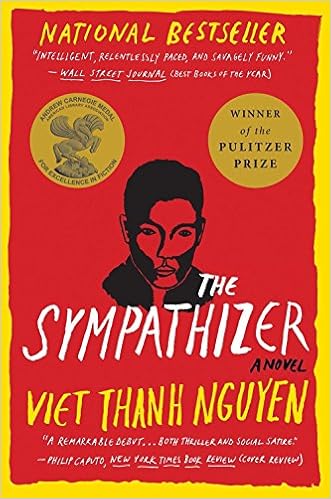2 Stars
Had this
book not been chosen by my book club, I would not have finished and would, in
fact, have thrown it away. I persevered
but feel I wasted my time.
The protagonist
and narrator is Jo Becker a middle-aged woman married to Daniel, a
minister. In her job as a veterinarian
she reconnects with Eli Mayhew, an acquaintance from the 1960s when she lived
in a commune-like house with him and several other young people until one of
their housemates is murdered. Her
encounter with Eli has her revisiting the six months she lived in Cambridge
under an assumed name after abandoning her first husband. The narrative moves from past to present as
she remembers the past and navigates her present life in which she flirts with
escaping once again.
As I’ve
already indicated, I found the novel boring.
Nothing of interest happens for the first 75 pages. Whatever happened to beginning with something
that will catch the reader’s attention near the beginning? By this time, I’d developed an aversion to
the protagonist and couldn’t care less about what happened to her.
Jo is
totally unlikeable. She is a
self-centred whiner. Her behaviour might
be acceptable in a young person, but it is inappropriate in a middle-aged one. She remembers herself as “egocentric . . . uncaring
about the pain I might be causing others” (133); the problem is that she is
exactly the same in her 50s. She has
never grown up. She abandoned her first
husband and caused grief both to him and her mother, yet because she is bored, she
is ready to run away again and this time hurt even more people.
Because she
wants to feel young again and to experience some excitement, she tiptoes
towards an affair and risks throwing away her marriage. She is envious of her daughter: “I wanted to be standing at the center of my life in hot lights, moving in ecstasy
to music . . . I wanted to be turning and dancing and laughing under the
caressing waves of applause. . . . I wanted to be making love slowly and
elaborately in the parked van in a dark city alley, listening to the hitched
breathing of the others while they sat back and watched” (166).
To make
matters worse, she has no idea what she wants.
One minute she admits, “I would say we have lived happily, if not ever
after, at least enough of the time since.
There are always compromises, of course, but they are at the heart of
what it means to be married” (95). Ten
pages later, she says, “I hate this . . .
I hate my life” (105).
The book has
been described as “exquisitely suspenseful” yet I found there is virtually no
suspense. Because of her self-indulgence
and immaturity, it is entirely predictable that Jo will make stupid, reckless
decisions and that others will suffer.
It is very obvious that she is not a good judge of character; her
comments about her housemate Dana indicate that Jo is unable to recognize
emotional instability in others (as well as herself), so it is inevitable that
her opinions of others are not to be trusted.
I read this
novel while I was gone on a road
trip; I wish I had not taken the book with me!
When I learned that it was a selection of Oprah’s Book Club, I should
have quoted Shakespeare: “Get thee gone!”
